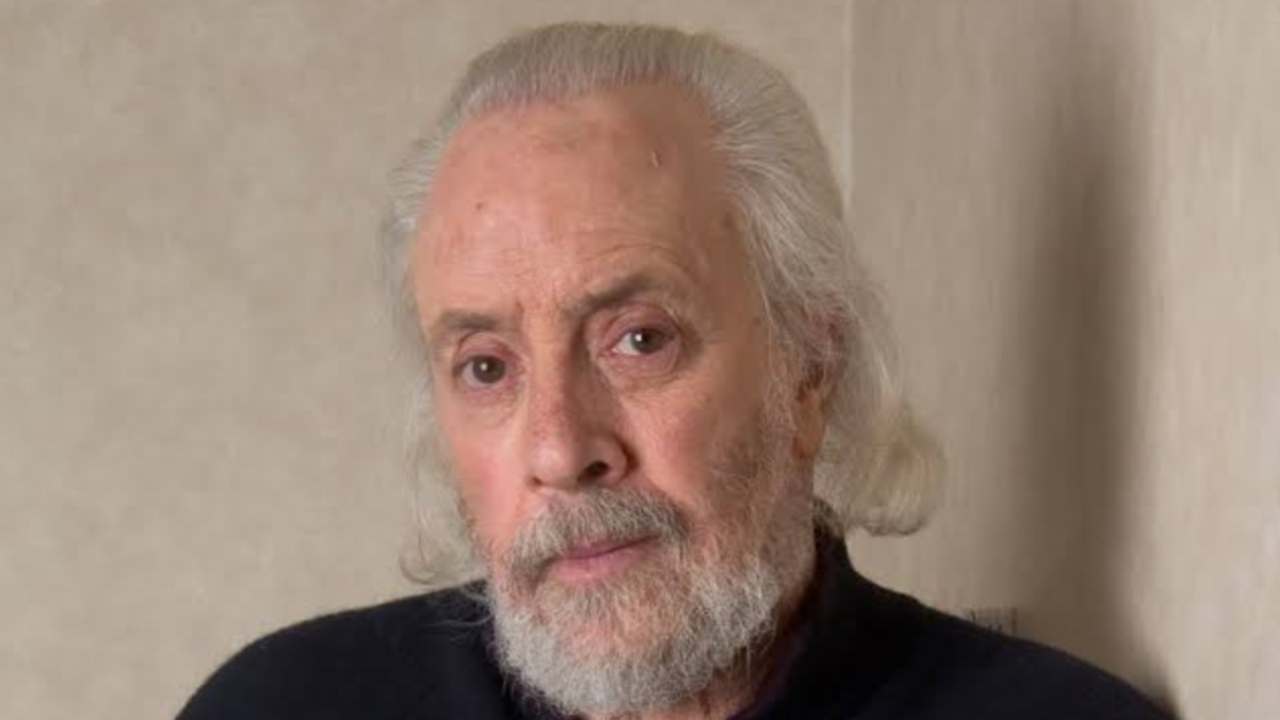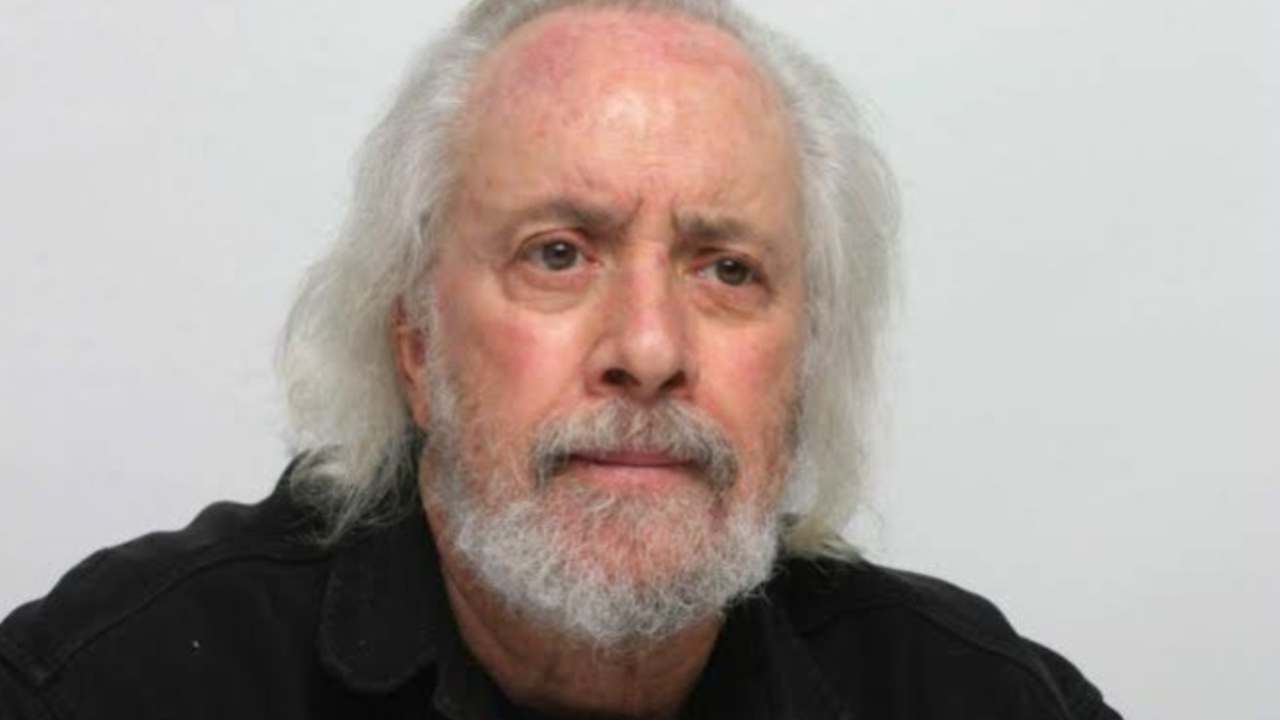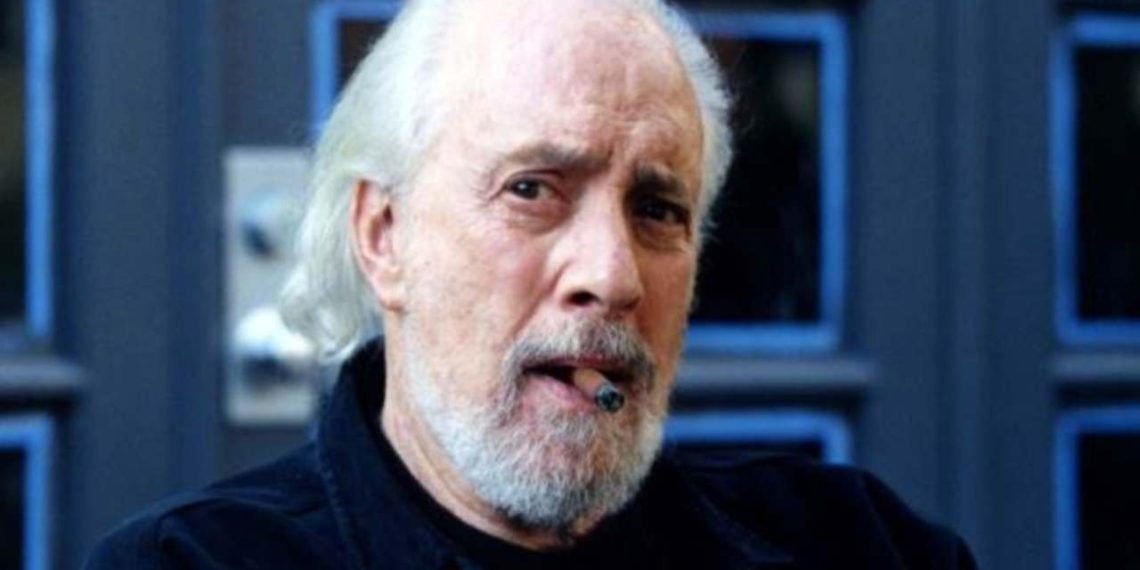Robert Towne, the celebrated screenwriter known for his Oscar-winning screenplay “Chinatown,” has passed away at 89. He died at his Los Angeles home surrounded by family.
Towne’s career spanned several acclaimed films, earning him multiple Oscar nominations and a lifetime achievement award from the Writers Guild of America in 1997.
His work, including scripts for “Shampoo” and “The Last Detail,” leaves a lasting legacy in Hollywood.

Robert Towne initially built his career with television shows like “The Man from UNCLE” and “The Lloyd Bridges Show,” as well as low-budget films for producer Roger Corman. His big break came through a connection with his psychiatrist, who introduced him to Warren Beatty.
Beatty involved Towne in revising the script for “Bonnie and Clyde” and had him on set during filming in Texas, although Towne’s contributions went uncredited. He continued as a prolific ghostwriter, contributing to films like “The Godfather” and “Heaven Can Wait.”
Towne gained recognition with credited scripts for “The Last Detail” and “Shampoo,” but his lasting legacy was cemented with his Oscar-winning screenplay for “Chinatown” in 1974, set during the Great Depression.
Robert Towne’s screenplay for “Chinatown” has become a staple in film-writing classes, illustrating both the process of filmmaking and the risks of attributing a film solely to one perspective.
He collaborated closely with director Roman Polanski, particularly in refining the story and debating its despairing ending—a choice Polanski ultimately pushed for and Towne later endorsed as appropriate.

The iconic line “Forget it, Jake, it’s Chinatown” remains uncredited officially. Towne’s inspiration for the screenplay stemmed partly from Carey McWilliams’ book “Southern California: An Island on the Land,” and he chose to work on “Chinatown” instead of adapting “The Great Gatsby” for the screen.
“In it was a chapter called ‘Water, water, water’, which was a revelation to me. And I thought: ‘Why not do a picture about a crime that’s right out in front of everybody,’” he told the Hollywood Reporter in 2009.
The backstory of “Chinatown” has fascinated many, explored in various books including Robert Evans’ memoir “The Kid Stays in the Picture,” Peter Biskind’s “Easy Riders, Raging Bulls,” and Sam Wasson’s “The Big Goodbye,” which delves deeply into the making of the film.
Wasson’s book suggests that Robert Towne may have been assisted significantly by ghostwriter Edward Taylor, Towne’s former college roommate, though Taylor did not seek credit due to their friendship.
Despite the success of “Chinatown,” Towne’s career faced challenges as studios gained more control in the late 1970s.
His directorial efforts, such as “Personal Best” and “Tequila Sunrise,” received mixed responses. “The Two Jakes,” a sequel to “Chinatown” released in 1990, was both a commercial and critical disappointment, leading to a strain in Towne’s relationship with Jack Nicholson, who starred in both films.
In the early 1990s, Robert Towne took a notable departure from his earlier art-house work by joining the production of “Days of Thunder,” a high-profile film produced by Don Simpson and Jerry Bruckheimer.
Starring Tom Cruise as a racecar driver and Robert Duvall as his crew chief, the film was known for its extravagant budget and mixed critical reception.
Despite criticisms, “Days of Thunder” garnered admiration from figures like Quentin Tarantino and numerous racing enthusiasts for its thrilling depiction of the sport.
Robert Towne’s career continued to evolve with collaborations on successful films like “The Firm” and the first two “Mission: Impossible” movies, working closely with Tom Cruise. His last directorial effort was “Ask the Dust,” released in 2006, a Los Angeles-based story that he both wrote and directed.
Born Robert Bertram Schwartz in Los Angeles, Towne’s family name was changed to Towne after his father’s dress shop closed during the Great Depression. He developed a passion for writing early on and was drawn to filmmaking by the nearby Warner Bros Theater and the writings of critic James Agee.
Towne’s diverse life experiences, including working on a tuna boat, greatly influenced his storytelling perspective. He was married twice, with two children, and came from a family with a strong screenwriting legacy, as his brother Roger Towne also wrote notable screenplays such as “The Natural.”
“I’ve identified fishing with writing in my mind to the extent that each script is like a trip that you’re taking – and you are fishing,” he told the Writers Guild of America in 2013. “Sometimes they both involve an act of faith … Sometimes it’s sheer faith alone that sustains you, because you think: ‘God damn it, nothing – not a bite today. Nothing is happening.’”





